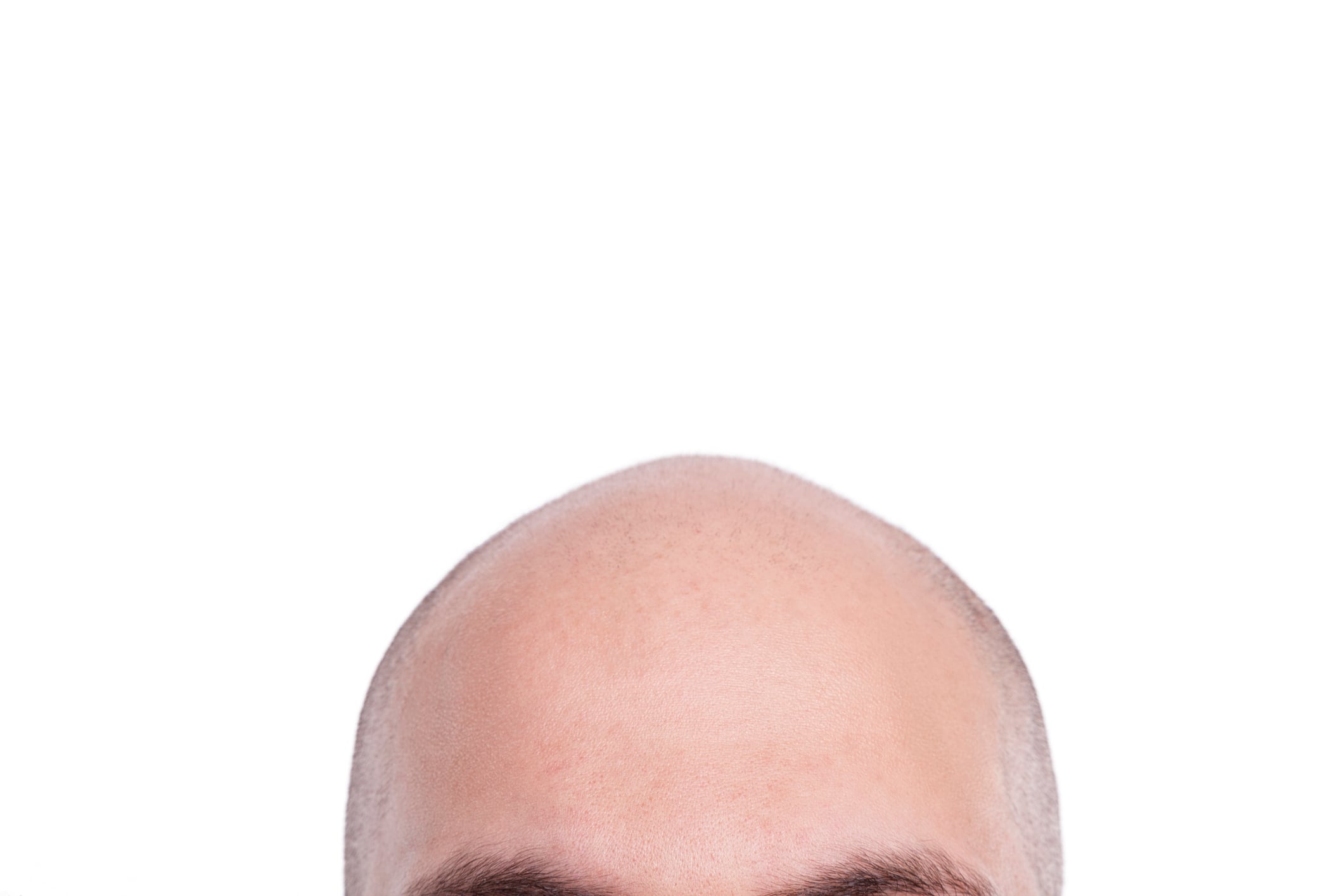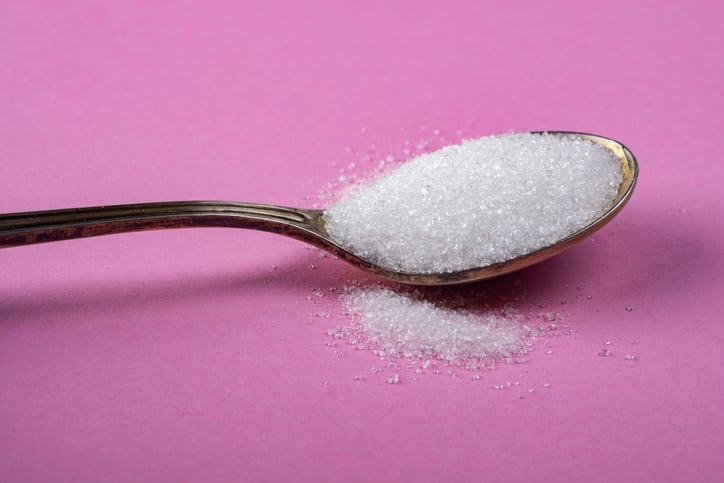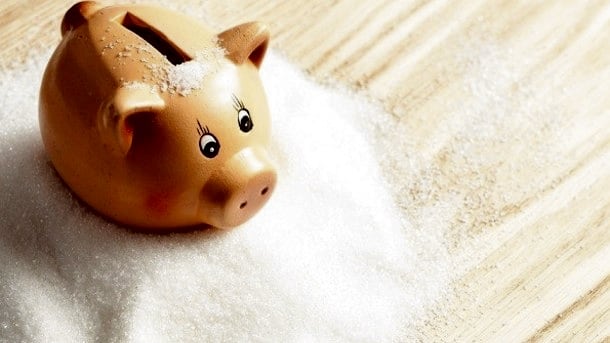Is soda causing hair loss? Key research summary
- Drinking sugary drinks and alcohol linked to increased hair loss risk
- Excess vitamin A and iron deficiency may trigger sudden hair shedding
- Soy, broccoli and kale may support hair health via antioxidants
- Vitamin D, iron and protein found to promote hair growth and thickness
- Researchers say more data needed before setting official hair health guidelines
A new literature review has confirmed what any soda-loving, middle-aged consumer fears: that drinking soda is linked to hair loss.
But it’s not all bad news. The research also found potential links between dietary supplements and hair health.
Sugary drinks and booze: bad news for balding?
Researchers from the University of Porto, Portugal, looked at 17 scientific studies to better understand how diet and nutrition affect hair health.
In particular, they wanted to know how foods, drinks and supplements such as alcohol, sugary drinks, protein, iron and vitamin D, impacted hair growth, thickness, density and hair loss – including alopecia.
The big finding is that alcohol and sugary drinks were linked to more hair loss.
They also raised concerns that too much vitamin A in the diet could also lead to hair issues. Both iron deficiency and too much vitamin A were found to trigger a type of sudden hair loss known as telogen effluvium.
Soy and broccoli for healthy hair
So if alcohol and sugary drinks are linked to poor hair health, which foods do the opposite?
Soy and cruciferous vegetables, like broccoli and kale, show promise. That may be thanks to anti-inflammatory and antioxidant effects.
Other nutrients were also found to support healthy hair, like vitamin D and iron. Protein is also essential for hair health, since hair is predominantly made out of the protein keratin.
It was found that multivitamin supplements that combine nutrients may also improve hair thickness and growth.
Official dietary guidelines for hair health on hold
So, what do all these findings mean? Could these foods and nutrients form part of new official dietary guidelines for hair health?
Unfortunately, the researchers don’t feel they have strong enough data yet to support dietary guidelines, and stress that most studies examined were observational – meaning they show patterns rather than cause-and-effect.
Another limitation is the variation in age groups, nutrients, and hair conditions studies, which makes direct comparisons difficult.
In the absence of dietary guidelines, valuable insights can still be drawn: diet and nutrition do play a role in maintaining hair health. With further research, we may better understand how the consumption of sugary drinks and alcohol contributes to hair loss.





